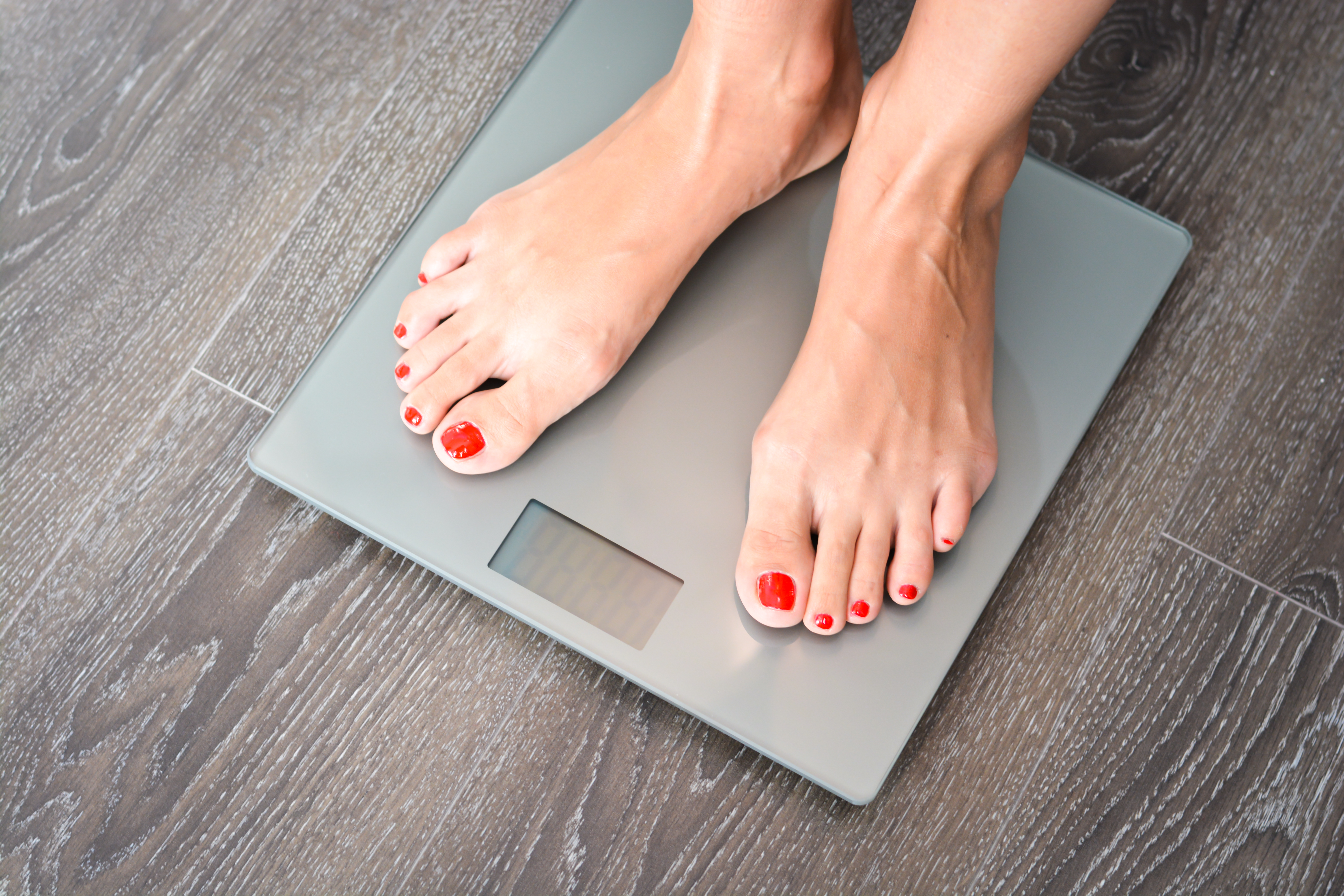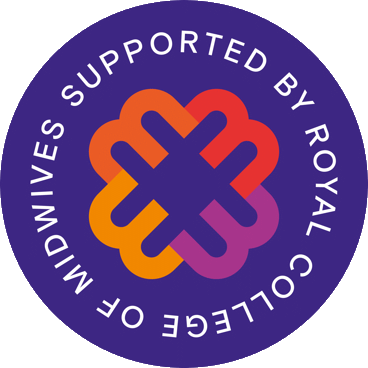Reaching a healthy weight
Are you trying for a baby? As well as improving your chances of conceiving, reaching a healthy weight can help you have a healthier pregnancy and baby.
Once you’ve decided that the time is right to have a baby, waiting for that positive result can be real agony. The good news is that for 85% of couples, it happens within a year of trying. There are lots of things you can do to help make it happen sooner, too, including reaching a healthy weight.

Weight and your hormones
There’s a big connection between fat cells and the female sex hormone, oestrogen. Fat cells release oestrogen, which in turn suppresses the release of another hormone, the follicle-stimulating hormone (FSH). If there’s too much fat, your body will struggle to produce enough FSH for ovulation, reducing the chance of producing an egg each month.
In more recent years, though, experts have discovered an added dimension to the weight-fertility connection, in a condition called polycystic ovary syndrome (PCOS). Thought to affect up to 10% of women, and people assigned female at birth, one of the main features of PCOS is enlarged ovaries containing fluid-filled sacs (follicles) which surround the eggs, preventing them from properly maturing and being released (ovulation). Although doctors are still not sure exactly why the condition develops, it’s thought that hormonal imbalances disrupt the ovulation cycle. Being overweight may increase the risk of developing the condition, and weight gain is also common in women with PCOS. If you’re overweight and have PCOS, losing weight can help towards restoring hormonal balance, improving symptoms, and reducing the risk of developing long-term health problems from PCOS. Losing just 5% of your body weight can lead to a significant improvement in symptoms.
A healthier pregnancy
Although many women with a higher BMI have healthy pregnancies and healthy babies, it’s important to be aware that the risk of complications goes up with weight. Women with a body mass index (BMI) of 30 or over (around 25% of pregnant women) are at an increased risk of developing serious complications like blood clots, pre-eclampsia and gestational diabetes.
According to studies, women with a BMI of 25 or over are more likely to miscarry, possibly due to raised levels of hormones in the body, as well as being more likely to have a Caesarean section.
There’s also evidence that babies born to mothers with a BMI over 30 are more prone to health problems later in life, including being overweight themselves and developing diabetes. Guidance from the government’s health advisory body for England and Wales, the National Institute for Health and Care Excellence (NICE), suggests aiming to get to a healthy weight before trying to conceive (although you can always carry on practising!).
‘Following a healthy, balanced diet, which helps you lose weight and gives you all the nutrients you need, can help rebalance hormones and improve your fertility, and so increase your chances of becoming pregnant,’ says Alexandra Clark, a registered nutritionist at Slimming World.
Slimming World sees many members who find that they’re able to get pregnant after losing some weight – in fact, many say it’s the reason they joined!
Read some of our member stories here.







